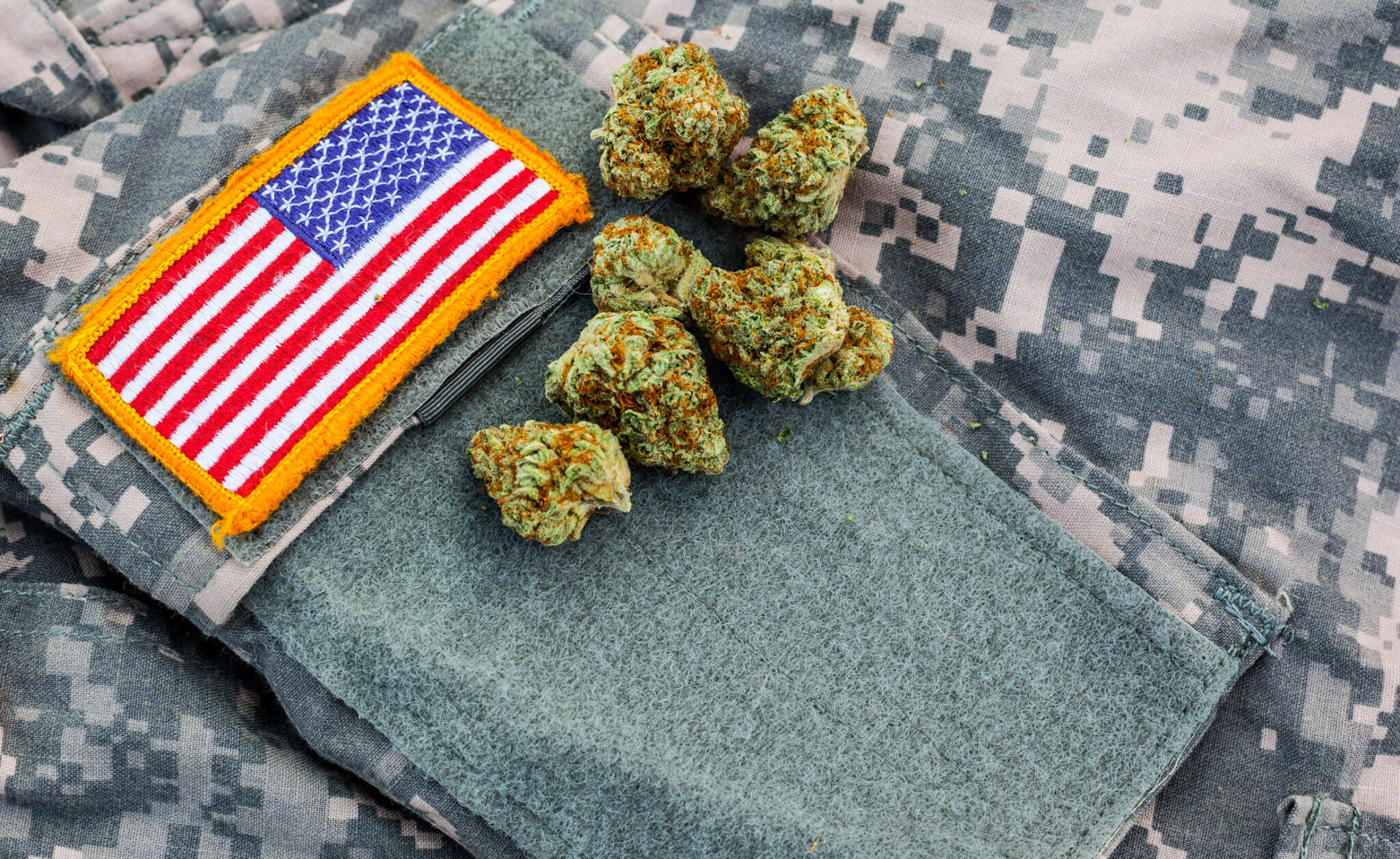U.S. Navy and Air Force Adapt Recruitment Policies to Reflect Societal Changes on Cannabis Use
LOS ANGELES- In a landmark shift reflecting broader societal and legal changes, the U.S. Navy has announced a significant adjustment to its recruitment policies regarding cannabis use. This policy modification, aimed at recruits who initially test positive for THC—the main psychoactive component in cannabis—marks a departure from the strict disqualification stance traditionally held by the military.
Rear Adm. James Waters, leading the Navy’s military personnel plans and policy division, underscored the initiative’s intent to balance the military’s stringent drug prohibition with the evolving legal status of cannabis across various states. Waters highlighted the strategy to evaluate recruits on a case-by-case basis, offering an opportunity for those candid about their past cannabis use to still serve, reflecting an understanding of the changing legislative landscape around cannabis.
This policy reform emerges against the backdrop of the Navy’s efforts to tackle a concerning boot camp dropout rate, reaching as high as 10%. By offering a second chance to recruits upfront about their marijuana use, the Navy signals its willingness to adapt to societal shifts, recognizing that prior cannabis use does not necessarily compromise an individual’s potential or dedication to military service.
In parallel, the U.S. Air Force has also adapted its stance through the introduction of the Marijuana Waiver Program in 2022, allowing applicants who initially test positive for THC to re-test after 90 days. Surpassing expectations, the program granted 165 waivers in its first year, triple the anticipated number. This initiative aligns with the Air Force’s recruitment strategy evolution, acknowledging the necessity of adapting to the changing perceptions and legalities of cannabis use among potential recruits.
Both services’ policy reforms signify a broader reassessment within the U.S. military of its approach to cannabis, aiming to remain competitive and reflective of societal norms in its recruitment efforts. By instituting these changes, the Navy and Air Force not only address practical challenges in recruitment but also signal a progressive shift in recognizing the nuanced landscape of cannabis use and legality.
While these policy adjustments currently apply only to recruits, they may foreshadow broader changes in the military’s stance on cannabis use among all service members and veterans. As societal acceptance of cannabis continues to grow, these recruitment policy changes represent critical steps toward aligning military practices with contemporary societal values and legal frameworks.
The evolving policies of the U.S. Navy and Air Force reflect a pragmatic approach to recruitment in an era where cannabis legalization and decriminalization are becoming increasingly common. This shift underscores the military’s commitment to inclusivity and adaptability, recognizing the need to evolve alongside the society it serves while maintaining its rigorous standards and mission readiness.



































